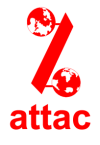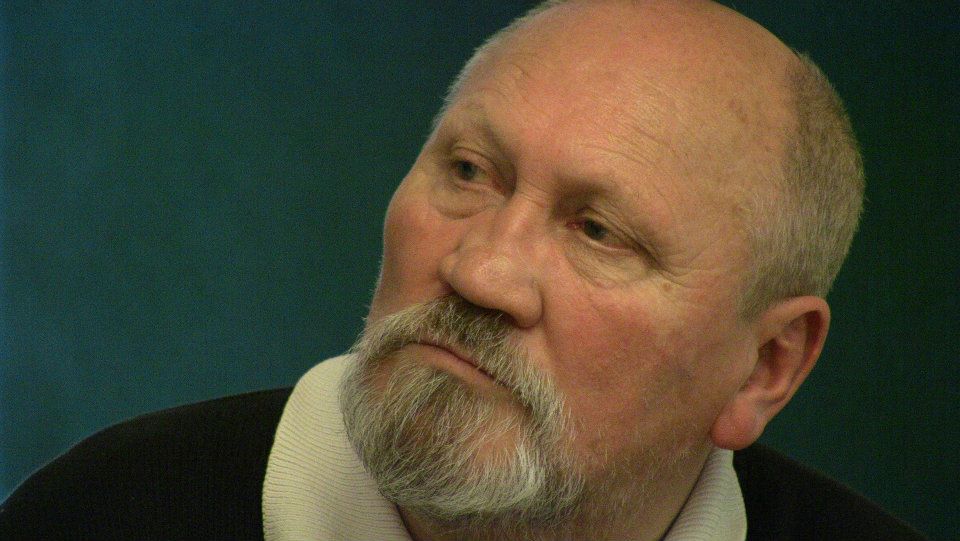Reputation of European Union in Hungary
1.) Since Hungary’s entry into the European Union (EU), the Hungarian society experienced a serious disappointment that the standard of living has not improved significantly. Dissatisfaction in this regard is linked to the disappointment in system change. On the level of social attitudes all of this was accompanied by the deterioration of the EU’s image and the decrease of confidence in the European institutions. This deterioration and lack of confidence, however, is still lower than in the old EU member states, that is, by international standards, the Hungarian society can not be called an outstanding Euro-skeptic. A clear majority of Hungarian citizens will continue to trust in the EU.
According to Eurobarometer’s fresh Hungary survey, the EU is seen favourably by an increasing number of Hungarians and its institutions are trusted above the European average. A total of 53% of Hungarians saw the four freedoms – the free movement of persons, goods, services and capital – as the EU’s most important asset. In contrast, only 37% of Hungarians said the freedom to travel, study or work in other EU member states was a personal advantage.
2.) However, in concrete issues the public opinion of the Hungarians can be strongly influenced along party political preferences. Political actors sometimes make use of it. This is especially important in the sense that after 2010 the relations with the EU often became domestic policy issue, and each party in Hungary basically represents different views in this matter. The ruling right wing FIDESZ Party is a soft EU-skeptical, the far right Jobbik Party is a strong, but recently a more moderate anti-EU, while the green Politics Can Be Different Party (LMP) is EU-critical in a left-wing sense and the Socialist Party (MSZP), the Together-Dialogue for Hungary Coalition (Együtt-PM) and the Democratic Coalition Party (DK) have clearly represented an EU-friendly policy. On the right wing side a kind of pro-Russian policy appeared, Jobbik is clearly committed itself to the Russian interests, in the case of the ruling Fidesz we can see a sort of open swing-politics towards Russia, as a part of the foreign policy strategy named „opening to the East”.
3.) At the level of foreign policy – by opening to the East – the aim of the second Orbán government has stepped beyond the traditional objectives of foreign policy, foreign economic relations and foreign trade. The Orbán government intended to offset the narrowing rooms for maneuver stemming from the deterioration of the Western and the EU relations and to counterbalance the financial, economic and political dependence on the EU. Moreover, in order to fund Hungary it wanted to look for alternative sources of finance. In addition to that for the paternalistic and autocratic Hungarian government – in economic and political terms – it was appealing to approach the Eastern countries with similar political system considered as a model to follow.
4.) As the Hungarian Prime Minister Viktor Orbán has consolidated power and built an increasingly authoritarian regime after 2010, he has thumbed his nose at the EU — and mostly gotten away with it. Over the past few years, he has been a mild embarrassment for the EU, but in his callous and shortsighted reaction to the ongoing refugee crisis, he has become a disgrace. Styling itself as the defender of Europe’s Christian civilization against an Islamic invasion Orbán’s regime has left thousands of refugees to languish in the fields and in the streets, forcibly herded others into detention camps and fired water canons and teargas at refugees gathered against the razor wire fence erected on the Hungarian-Serbian border. With the xenophobic rhetoric and hostile treatment of refugees, Orbán is making a mockery of the EU values and encouraging other Eastern European governments to follow his example. Despite Orbán’s „freedom fights against the EU” the government is aware that for Hungary the EU has no alternative, but the ongoing conflicts and the constant attempts for expanding Hungary’s rooms for maneuver will continue, not only in economic terms but also with the aim of making the Eastern models following autocratic ideology, political system and state organization accepted, or at least tolerable within the EU.
Budapest, 8th October 2015.
Matyas Benyik, Chairman of ATTAC Hungary


